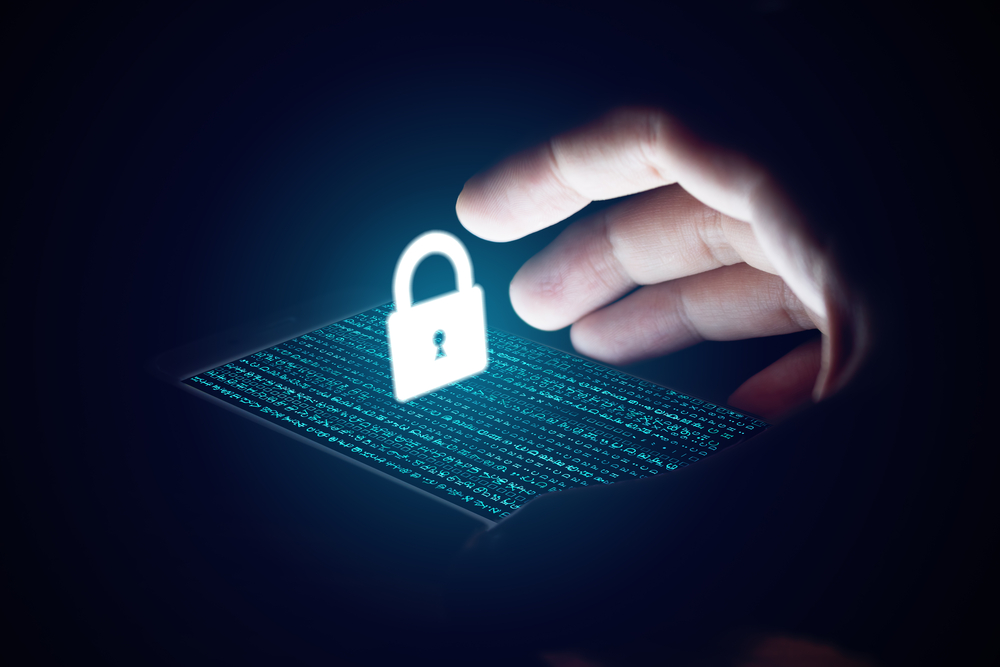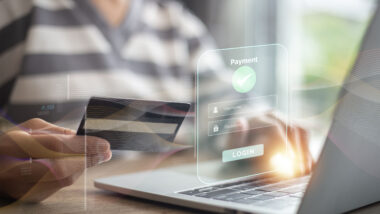
In a world where the Internet has become significant part of our everyday lives, we all need to be responsible for making sure our online identities are kept safe and secure. Much of our personal data is stored online which exposes us very easily to all sorts of threats. In a year of high-profile hacks and security vulnerabilities hitting the news headlines businesses and consumers are thinking a lot more about their online security. That’s what the Cyber Security Awareness Month is all about.
What is Cyber Security Month?
October is National Cyber Security Awareness Month (NCSAM) in the US which is an annual campaign that aims to raise awareness about cybersecurity. This year also marks the 5th anniversary of the European Cyber Security Awareness Month. NCSAM was launched by the National Cyber Security Alliance and the Department of Homeland Security in October 2004. It’s a collaborative effort between government and industry to ensure that everyone – from consumer and small businesses to corporations and academia, has the resources they need to stay safe and secure online. NCSAM carries the global message that cybersecurity is one shared responsibility.
This year kicked off with a global launch event to highlight the international adoption of Cyber Security Awareness Month. Let’s look into some of the main actions we can take.
-
Focus on consumers and their online safety
With the first few weeks of the initiative now behind us, we saw an even stronger focus on consumers and their online safety. This year also marks the 7th anniversary of the STOP. THINK. CONNECT. campaign, which aims to help all consumers stay safe and secure online. It is based on three easy to follow actionable practices:
- STOP: make sure security measures are in place
- THINK: about the consequences of your actions online
- CONNECT: and enjoy the internet
Week 1 addressed the top consumer cyber concerns, encouraging users to be more vigilant about using the Internet and sharing their personal data online.
Simple steps to follow to stay safe online include using stronger authentication like two-factor, biometrics, making your password long and strong, sharing/ opening files with care, to name just a few.
We have a good and detailed checklist here: 10 tips to prepare for Cyber Security month. The most important tips include:
- Make sure your password is secure
- Regularly update your software
- Beware of email scams
- Password protect your laptop and smart devices
- Install malware protections
The Internet touches almost all aspects of our everyday lives, so it is important that consumers are made aware of its most common risks. In the video below, former ethical hacker Jason Hart, who now works for Gemalto, explains how a man-in-the-middle attack works. A man-in-the-middle attack is where a hacker inserts themselves into a conversation between two parties and can affect your PC, mobile and the Wi-Fi network.
Here are videos of Jason Hart explaining how phishing scam and karma attack work.
-
Today’s predictions for tomorrow’s internet
We live in an incredibly connected world with smart devices populating every aspect of our lives. There are many ways that an attacker can access data on our connected devices. So, how do we secure the Internet of Things? Data is the fuel that makes smart devices work, so looking for ways to secure it is essential. We see three essential pillars to secure the IoT data and rest in motion: securing the device, securing the cloud and managing the lifecycle of security components in the IoT. The importance of securing the IoT has also been recognized by the US government. Earlier this year two US lawmakers proposed new legislation that will seek to address the vulnerabilities in IoT devices.
Smart cars, connected homes and smart healthcare devices have become inseparable part of our reality. And while there are massive benefits for connectivity, it is important to understand how to use cutting-edge tech in safe and secure ways.
-
Building Resilience in Critical Infrastructure
Building resilience in key systems like electricity, financial institutions, water treatment facilities, public healthcare and transportation is another key theme of this year’s events. These are all systems that store and will run based on data. We recently addressed end-to-end security of the smart energy ecosystem at European Utility Week. The final week will look at how cybersecurity relates to keeping our traffic lights, running water, phone lines and other critical infrastructure safe.
There we have them – the key actions from cyber security awareness month, aiming to educate us on the importance of keeping our online identities safe. So, what will you do? Let us know by leaving a comment below or tweeting to us @Gemalto.


